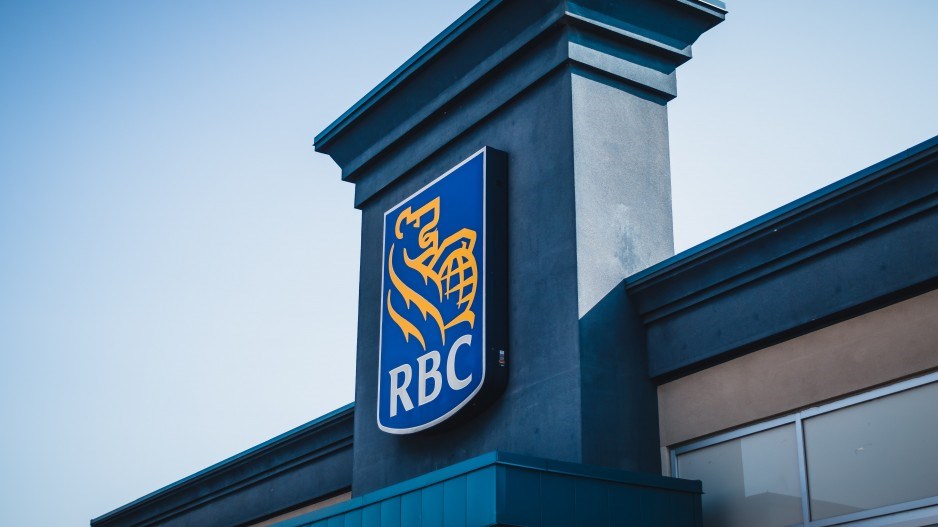British Columbia’s consumer protection agency has fined Royal Bank of Canada $2.2 million for failing to adequately discharge mortgages — the process a bank must go through to relinquish its right to seize a property once a mortgage has been paid off in full.
The enforcement action, released Dec. 15 by Consumer Protection BC, stated the bank failed to meet its obligations to adequately discharge mortgages upon the loan being paid off, between 2018 and 2022.
The regulatory agency said its latest notice completes its discipline proceedings against all five large Canadian chartered banks and some credit unions for collectively failing to properly discharge mortgages in B.C.
In total this year, the agency has issued close to $11.7 million in fines against six banks.
The biggest penalty was issued to TD Canada Trust, at $5.3 million, followed by $3.4 million against CIBC. Scotiabank ($387,150), Bank of Montreal ($132,700) and HSBC ($305,900) were also previously penalized for failing to discharge mortgages within 30 days of a mortgage loan being paid in full.
Royal Bank has pledged to file reports to the agency until November 2024, outlining how they are discharging mortgages properly.
“It’s an enormous Christmas present for everyone in the residential mortgage field,” said Ron Usher, lead counsel for the Society of Notaries Public of BC, in response to the latest findings.
Usher said notaries have noticed a marked improvement by lenders to properly discharge mortgages after the agency made its inspections.
“There’s an appreciation of the efforts of the consumer protection people,” said Usher.
Penalties have also been issued to First National Financial GP Corporation ($29,200); Coast Capital Savings ($47,900); Vancouver City Savings Credit Union ($86,300); First West Credit Union ($14,000) and Prospera Credit Union ($8,800).
What is a mortgage discharge?
A mortgage lender is required to provide the borrower with a discharge document so the Land Title and Survey Authority of British Columbia can clear the property title. In B.C., the maximum fee a lender may charge for this document is $75.
In the event a homeowner sells their home with money owing on the mortgage, a lawyer or notary usually facilitates the discharge by taking the money from the buyer to pay off the lender. Any leftover money goes to the seller.
At this point, the bank is to provide the discharge document to the borrower and land title office, thus providing the seller and buyer peace of mind of a clean transaction and property title.
Massive fraud underscored discharge documents
Mortgage discharge requirements were strengthened in B.C. following the fraud of lawyer Martin Wirick and alleged fraud of Wirick’s alleged associate and developer Tarsem Gill. That case remains before the courts after Gill reversed a guilty plea from May 2013.
Wirick admitted to failing to discharge mortgages when he received money from homebuyers. Instead, Wirick stated he funnelled the sales proceeds to Gill to fund Gill’s development projects.
Wirick was sentenced to seven years in prison and lost his licence to practice law.
The pyramid scheme totalled $40 million, resulting in a payout from the law society’s indemnity fund, which is an insurance fund for clients when faced with a lawyer’s misappropriation of money.
The judge in Wirick’s sentencing noted the scheme “resulted in a number of new reporting requirements being imposed on lawyers with respect to both mortgage discharges and trust accounts. It has also involved changes in provincial legislation with respect to the provision of discharges by mortgage lenders.”
Usher said the laws were strengthened following the Wirick case; however, for some years, the lenders were not complying until the agency got involved.




